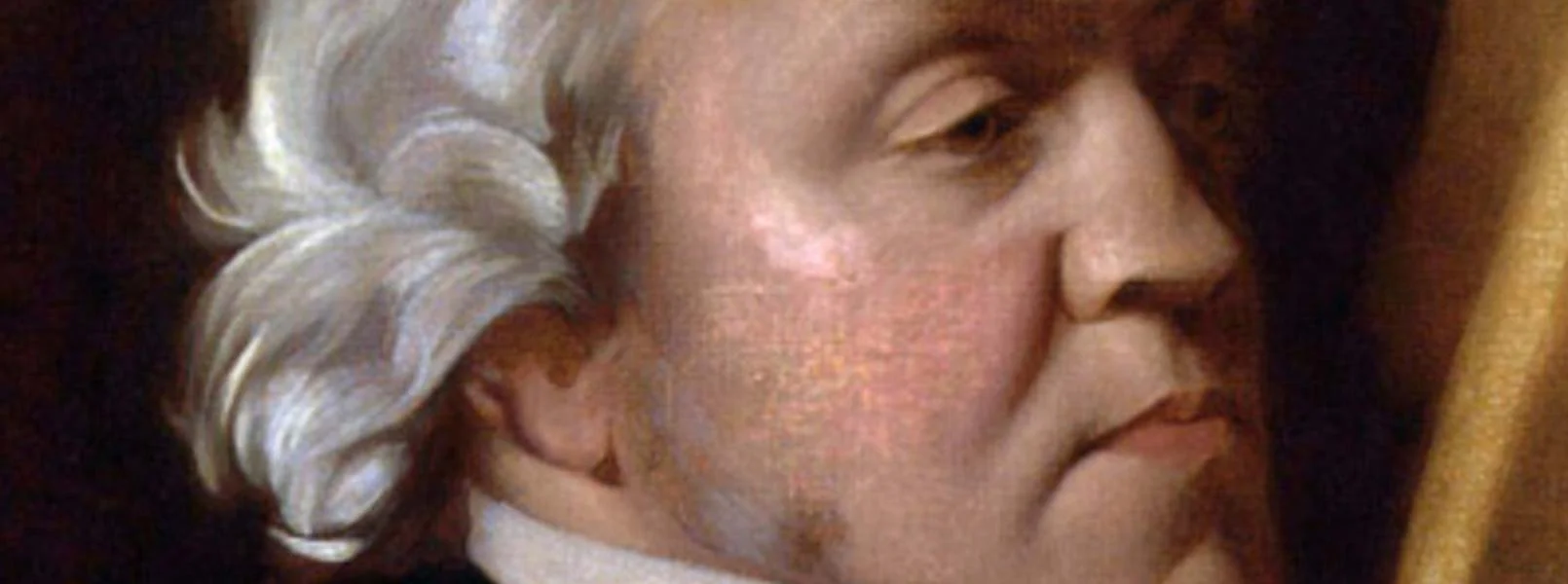Endings
Should endings of novels be idealistic or realistic?
George Eliot remarked that ‘conclusions are the weak points of most authors.’ Should one opt for an ending that ties up all the loose ends, which may be satisfying for the reader, even though it’s unrealistic, or should one aim for a true to life ending even though it risks disappointing?
Henry James describes the ending of a novel as a ‘distribution at the last of prizes, pensions, husbands, wives, babies, millions, appended paragraphs, and cheerful remarks.’ Whilst that might be appropriate for certain genres, more convincing endings are open-ended. William Thackeray, in the conclusion to Vanity Fair, asks ‘Which of us is happy in this world? Which of us has his desire? or, having it, is satisfied?' Although Thackeray appears to reward his heroes and punish his villains, he also points out that uncomplicated joy is rare in human experience. His ending, perhaps unusual for the time, seems to me a good compromise: Amelia and Dobbin are married, Becky appears to achieve respectability, Little Rawdon, upon the death of his uncle Pitt and his cousin Pitt, becomes the heir of Queen's Crawley. However, all is not as it seems: we don’t imagine for one minute that Becky will become a nice person, and Amelia and Dobbin’s marriage is not the happy event it promised to be earlier in the novel. Thackeray has combined idealism with realism, thus simultaneously achieving social satire and offering his readers a down to earth conclusion that chimes more with our own experience of life.
If we emulate Thackeray in our choice of endings we will both soothe and challenge our readers – just like a classic novel should.
